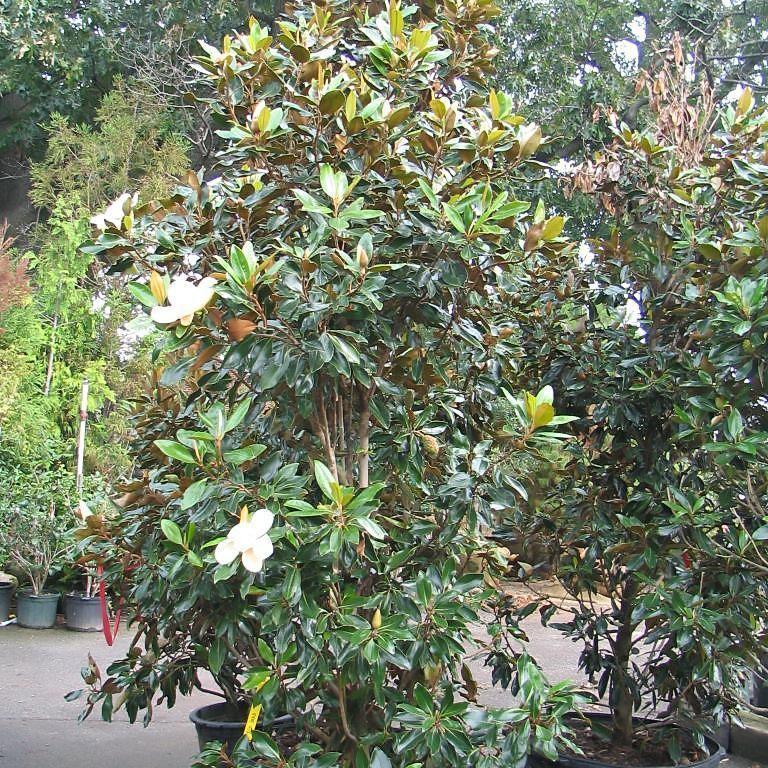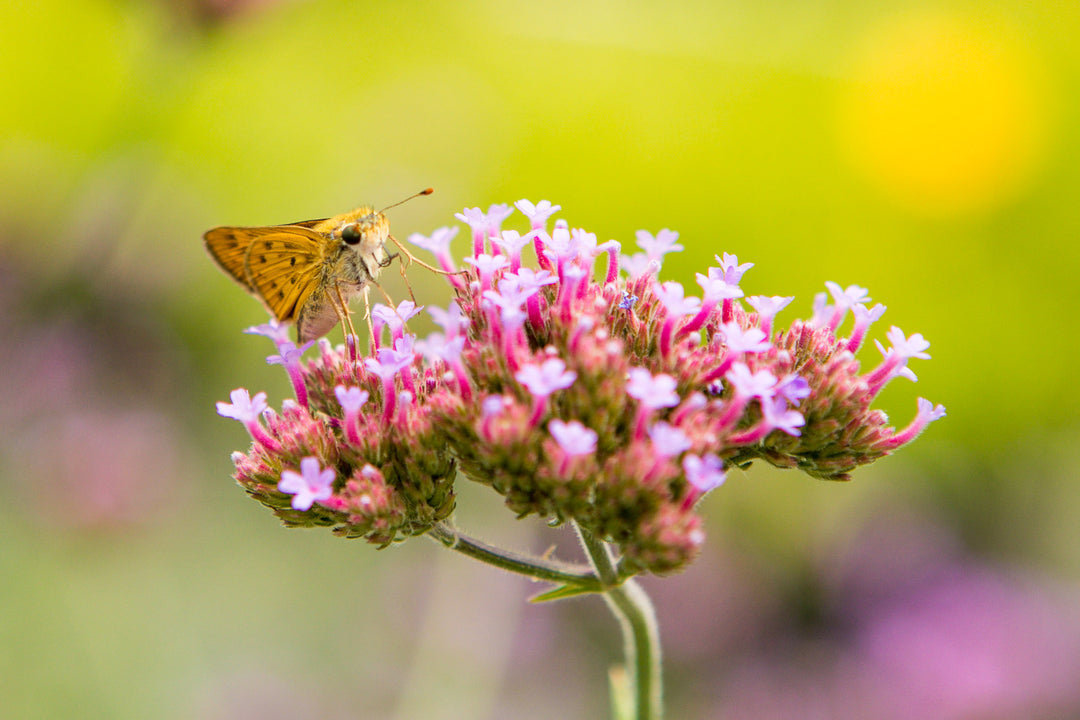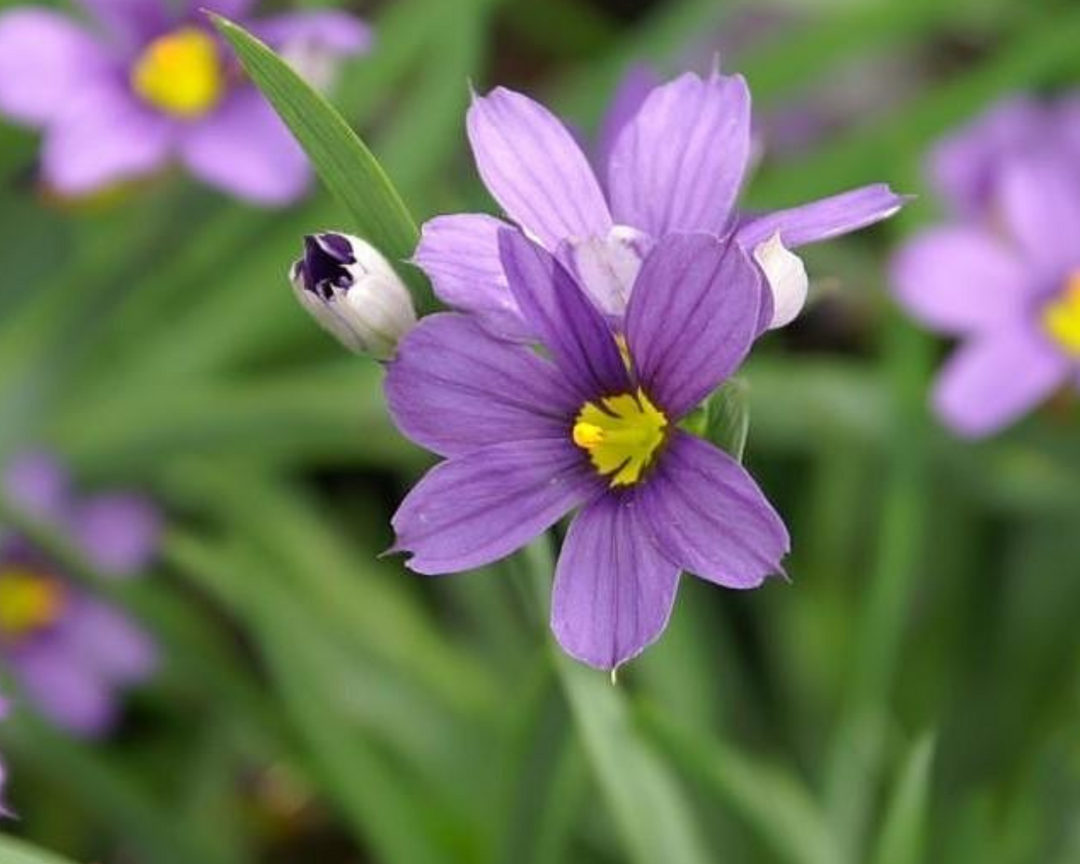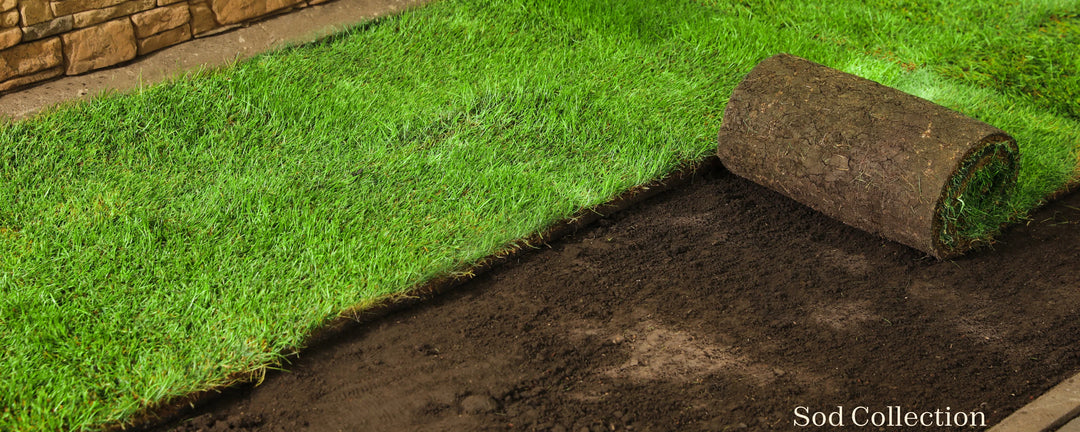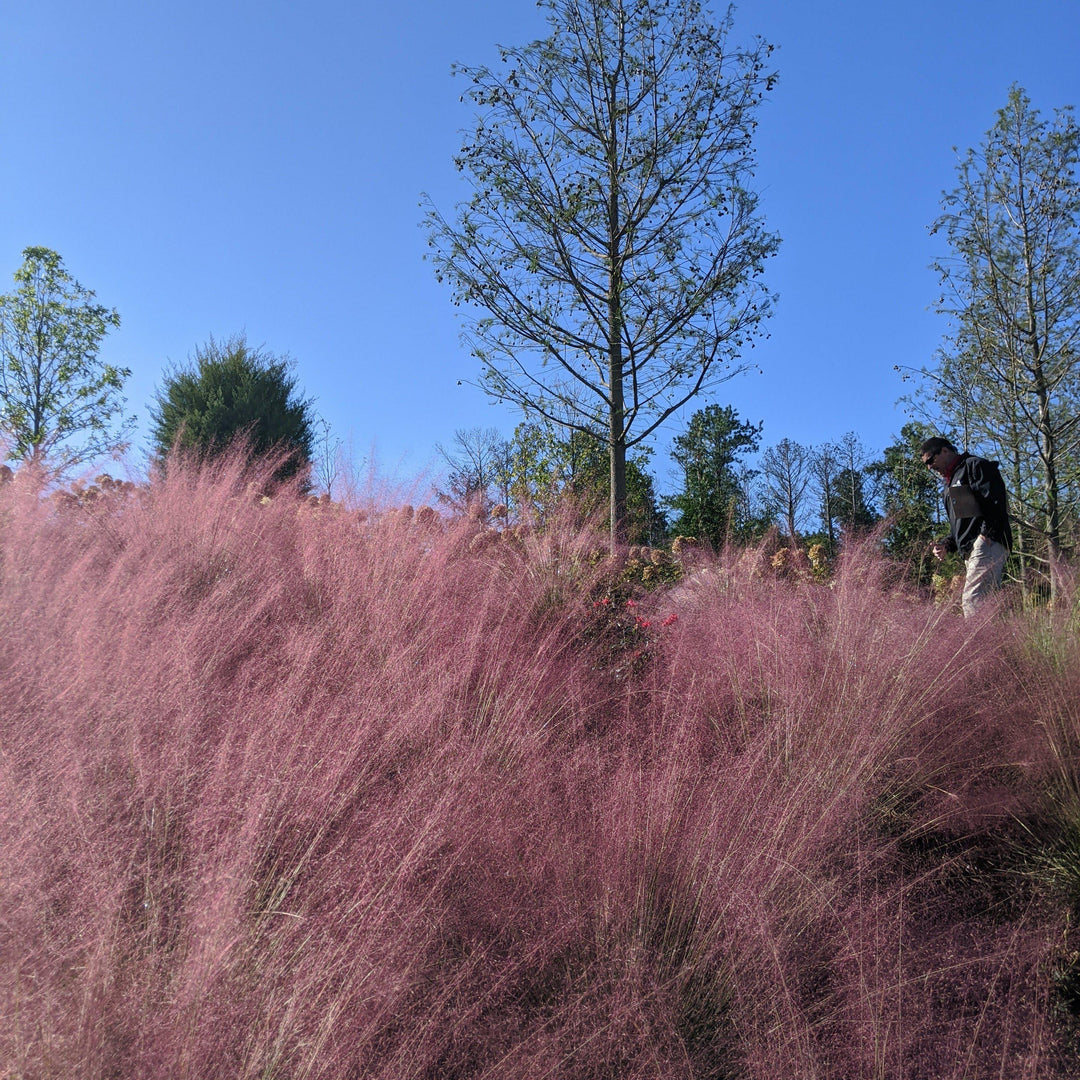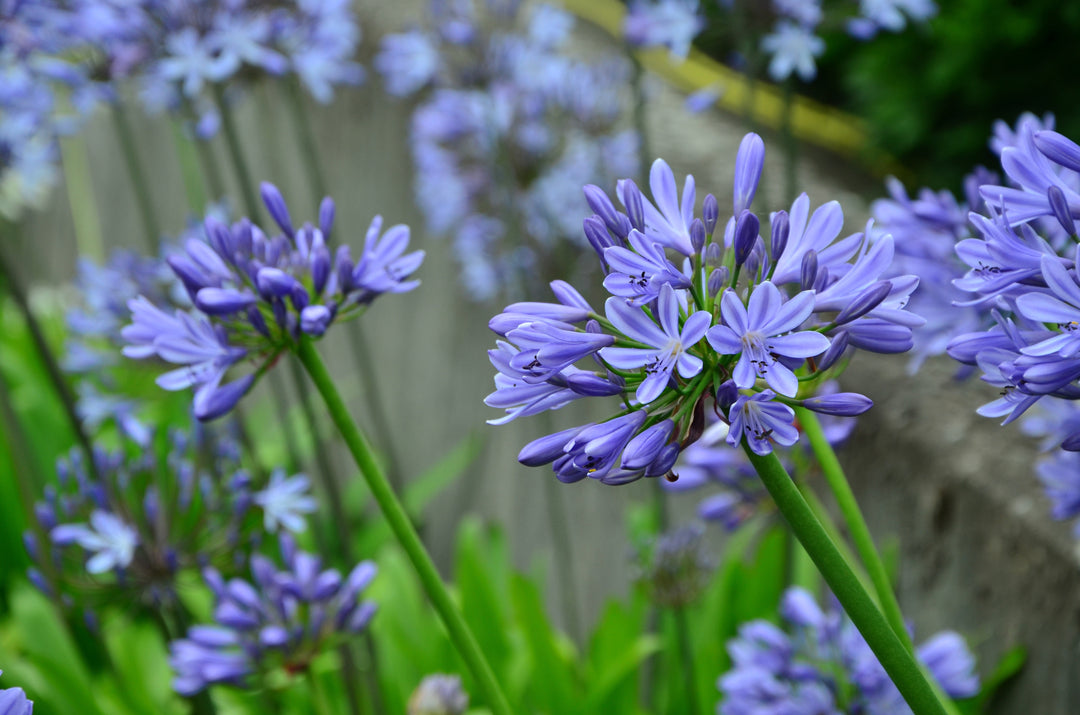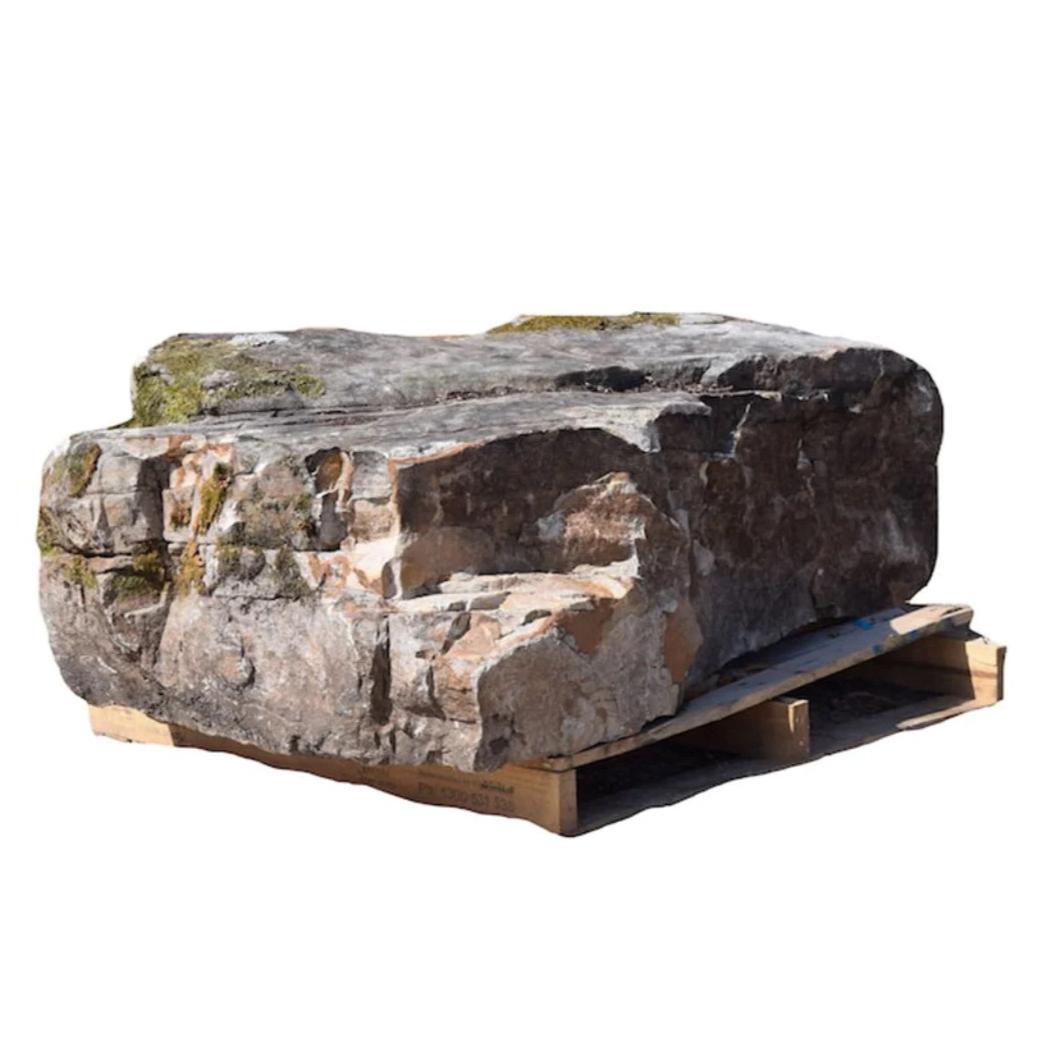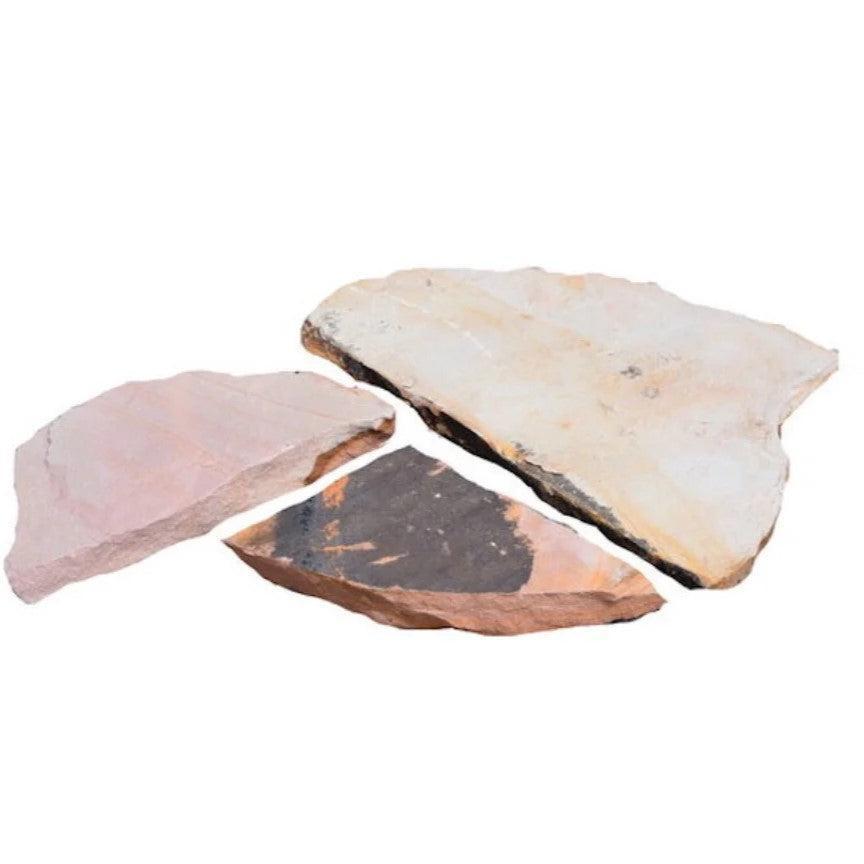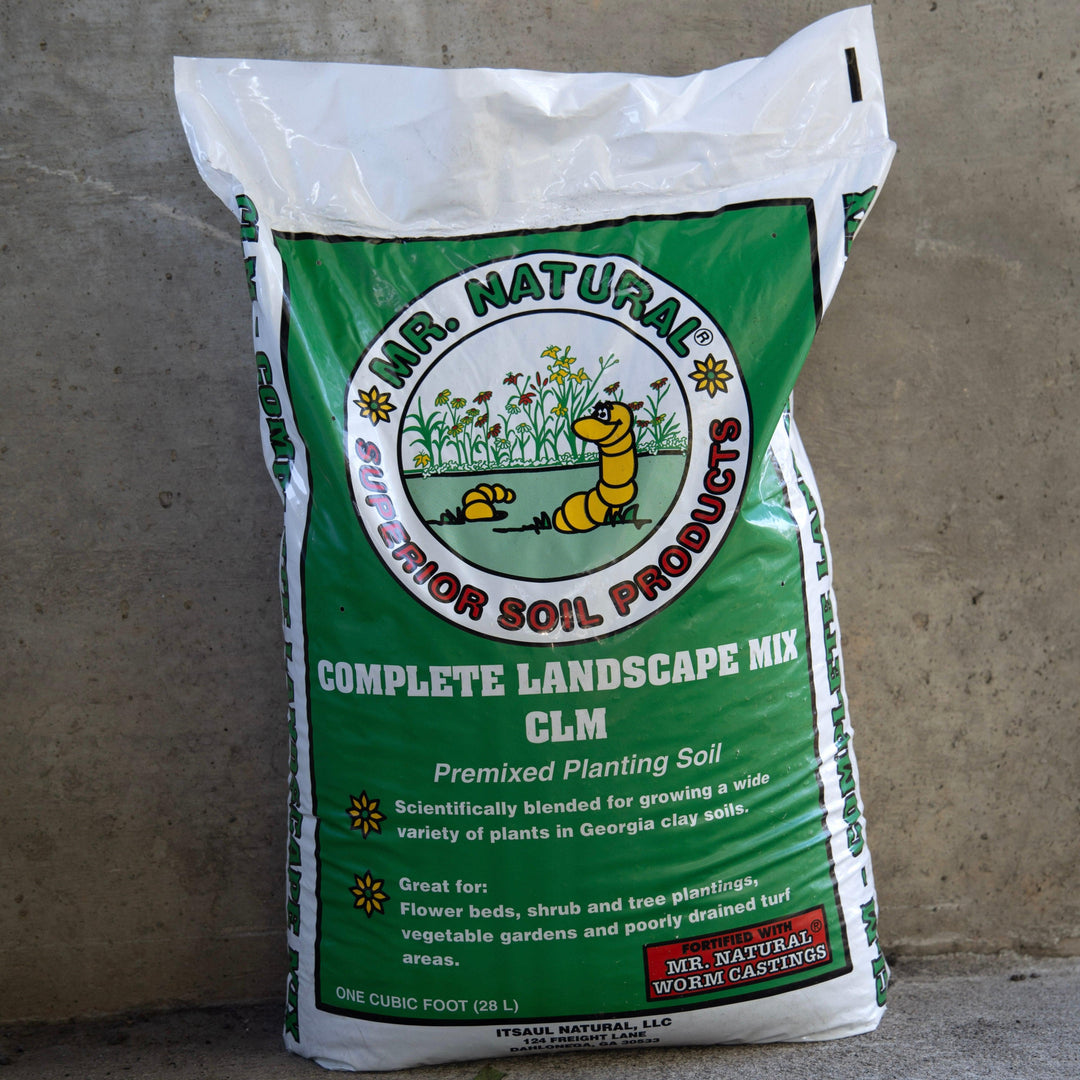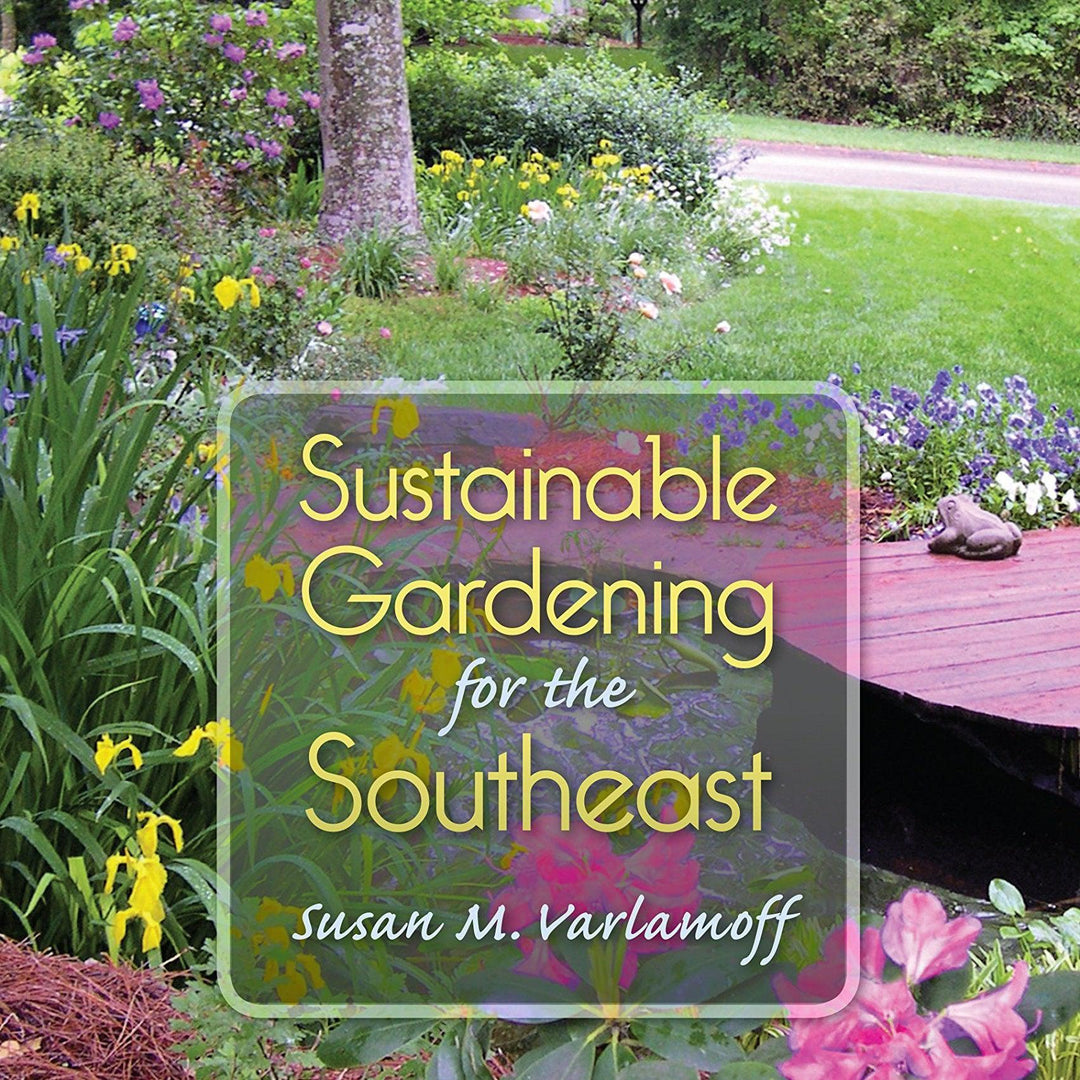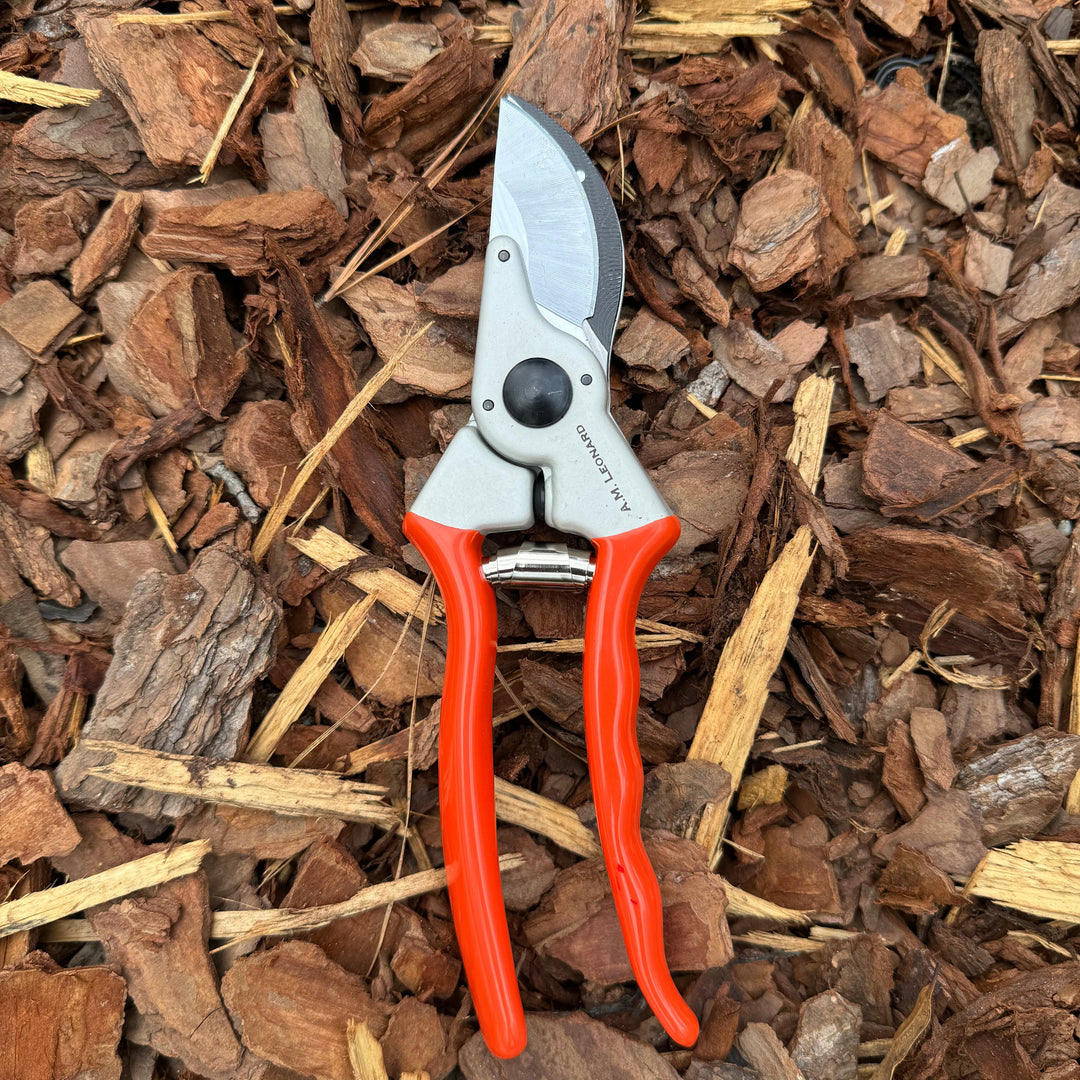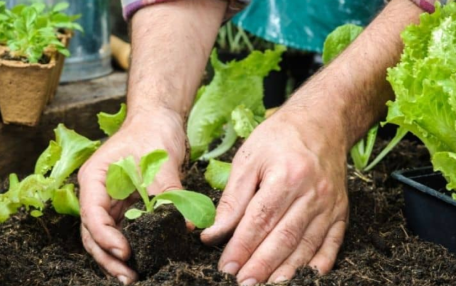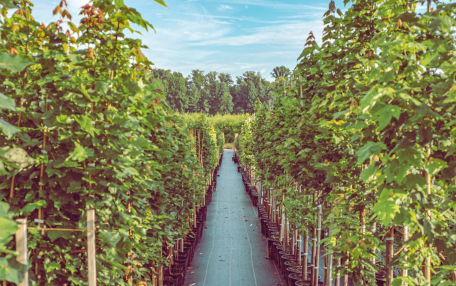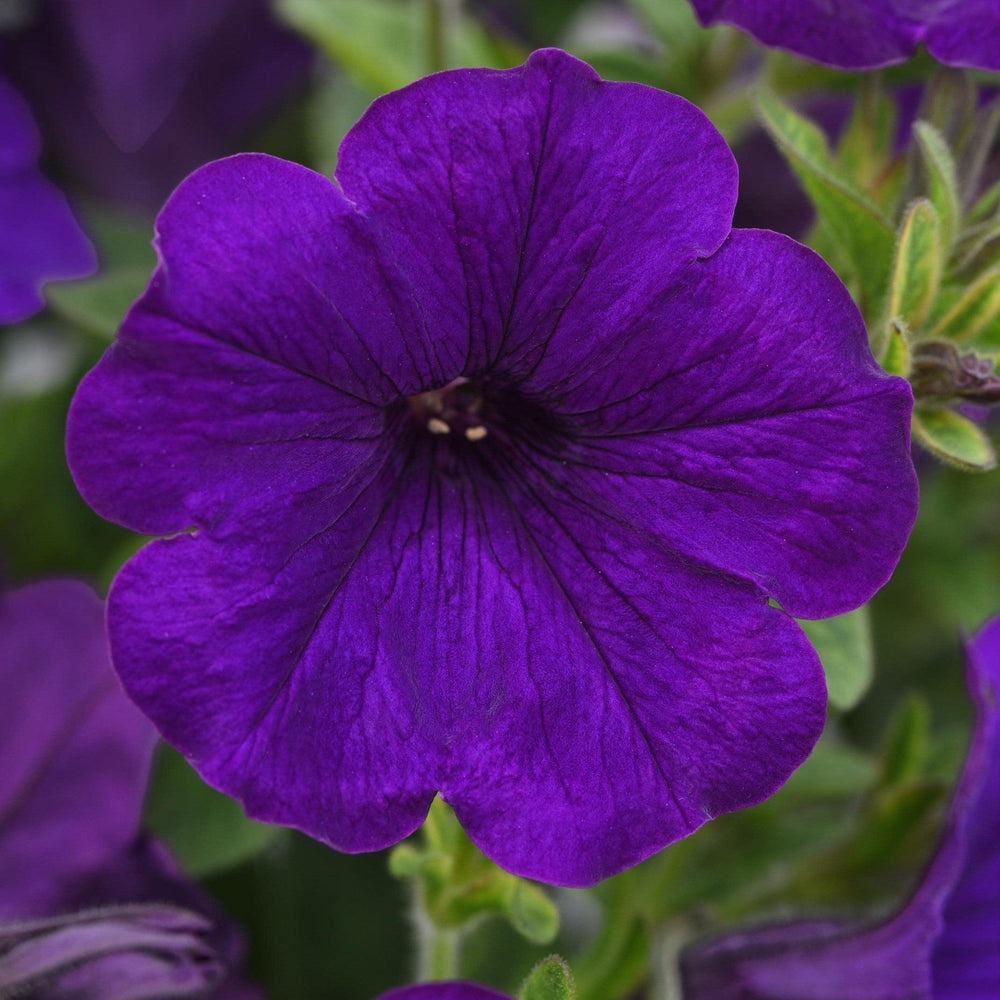Thriving Harvests: Edible and Ornamental Marvels
Hello there, garden enthusiasts! Today, we're diving into the delightful world of fruiting plants for your garden. Whether you're looking to harvest your own fresh fruits or simply want to add some ornamental charm, fruiting plants can be a fantastic addition to your landscape. Let's explore some general care tips and the value they bring to your garden.

General Care for Fruiting Plants
Sunlight: Most fruiting plants, including vegetables like tomatoes and peppers, require at least eight hours of sunlight per day. The more, the merrier, as 10-12 hours are ideal for robust growth and fruit production.
Watering: Consistent watering is key. Fruit trees and plants need a steady supply of water, especially during fruit development. Avoid overwatering, which can lead to root rot and other issues.
Soil Preparation: A well-draining, fertile soil is crucial. Conduct a soil test to determine pH levels and nutrient needs. Aim for a pH of 6.0 - 6.5 for most fruiting plants. Amend the soil with organic matter like compost to improve soil structure and nutrient content.
Fertilization: Based on your soil test results, apply the recommended type and amount of fertilizer. Different fruiting plants have varying nutrient requirements, so tailor your approach accordingly.
Pruning: Regular pruning helps to maintain the shape of the plant, encourages healthy growth, and can improve fruit yields. Remove any dead or diseased branches to keep the plant healthy.
Pest and Disease Management: Keep an eye out for common pests and diseases. Use appropriate control measures promptly to prevent them from affecting your plants' health and fruit production.

Enhancing Yields
Proper Pollination: Ensure that your fruiting plants are well-pollinated. This may involve attracting pollinators like bees to your garden or hand-pollinating flowers in some cases.
Thinning: Sometimes, less is more. Thinning out excess fruit can lead to larger, healthier fruits on the remaining branches.
Support Structures: Use trellises, stakes, or cages for plants that require support. This can prevent branches from breaking under the weight of the fruit and improve air circulation.
Mulching: Mulch helps retain soil moisture, suppress weeds, and regulate soil temperature. Organic mulches can also add nutrients to the soil as they decompose.
Value of Ornamental Fruiting Plants
Ornamental fruiting plants not only provide aesthetic appeal with their flowers and fruits but also offer habitat and food for wildlife. They can serve as focal points in the landscape, create seasonal interest, and even act as natural privacy screens. Some ornamental fruiting plants can also produce edible fruits, giving you the best of both worlds.
Incorporating fruiting plants into your garden can be incredibly rewarding. With the right care and attention, you can enjoy bountiful harvests and the beauty these plants offer. Remember, patience and persistence are key, as fruiting plants can take a few years to mature and produce fruit. But the wait is well worth it when you're enjoying fresh, homegrown delights straight from your garden.

ServeScape Highlights:
Edible Fruits:
- Malus pumila ~ Common Apple: A classic fruit tree that provides delicious apples and beautiful spring blossoms.
- Vaccinium corymbosum ~ Highbush Blueberry: Offers tasty blueberries and also features lovely fall foliage.
- Rubus idaeus ~ Red Raspberry: Produces sweet red raspberries and has the added benefit of attractive foliage.
- Prunus persica ~ Peach: Yields succulent peaches and has gorgeous pink flowers in the spring.
Ornamental Berries:
- Ilex verticillata ~ Winterberry: Known for its bright red berries that persist into winter, providing stunning visual interest.
- Callicarpa americana ~ American Beautyberry: Features clusters of vibrant purple berries that are a standout in the landscape.
- Viburnum nudum ~ Possumhaw: Offers attractive blue to blackberries and has lovely white flowers in spring.
- Pyracantha x ‘Mohave’ ~ Scarlet Firethorn: Produces abundant red or orange berries and has the added benefit of being an excellent barrier plant due to its thorns.

